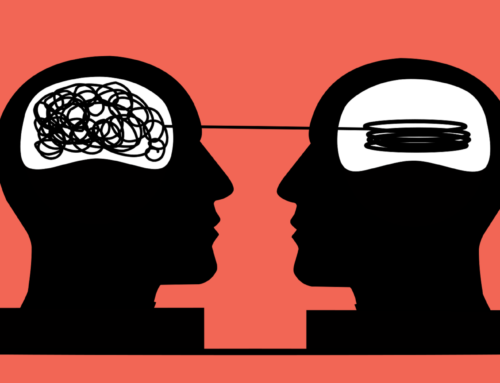It’s perfectly normal for someone to feel anxious or depressed after receiving a diagnosis of a serious illness. But what if the reverse occurs and symptoms of anxiety or depression masquerade as an as-yet undiagnosed physical disorder?
Or what if someone’s physical symptoms stem from a psychological problem? How long might it take before the true cause of the symptoms is uncovered and proper treatment begun?
Psychiatric Times, a medical publication seen by some 50,000 psychiatrists each month, recently published a “partial listing” of 47 medical illnesses, ranging from cardiac arrhythmias to pancreatic cancer, that may first present as anxiety. Added to that was another “partial listing” of 30 categories of medications that may cause anxiety, including antidepressants like selective serotonin reuptake inhibitors, or S.S.R.I.s.
These lists were included in an article called “Managing Anxiety in the Medically Ill,” meant to alert mental health practitioners to the possibility that some patients seeking treatment for anxiety or depression may have an underlying medical condition that must be addressed before any emotional symptoms are likely to resolve.
Doctors who treat ailments like cardiac, endocrine or intestinal disorders would do well to read this article as well lest they do patients a serious disservice by not recognizing an emotional cause of physical symptoms or addressing the emotional components of a physical disease.
For example, Dr. Yu Dong, a psychiatrist at Inova Fairfax Hospital in Virginia, and colleagues pointed out last month that patients with respiratory conditions like asthma, sleep apnea or pulmonary embolism could present with symptoms of anxiety, or those with cardiac symptoms like chest pain or rapid heartbeat could have an anxiety disorder.
The problem of missing the proper diagnosis grows out of a long-ago separation of powers within the medical profession that often limits the ability of practitioners to see the forest for the trees, as it were. Medical doctors like cardiologists or gastro-enterologists are often ill-equipped to recognize and treat emotional symptoms related to a physical ailment, and psychiatrists may not consider the possibility that a patient with symptoms like palpitations, fatigue or dizziness really has a physical ailment.
Indeed, doctors at the Montreal Heart Institute reported in 1996 that about a quarter of 441 patients who came to the emergency room because of chest pain were in fact suffering from panic disorder, not a heart ailment. On the other hand, a woman I know who was being treated for panic attacks turned out to have a cardiac abnormality, and once that was corrected, her panic attacks disappeared.
Furthermore, anxiety is often overlooked as the source of disorders like substance abuse or addiction, or as a contributing factor to symptoms in conditions like migraine headache or irritable bowel syndrome.
The Mayo Clinic lists several factors that suggest the possibility that anxiety may result from an underlying medical disorder:
■ None of your blood relatives has an anxiety disorder.
■ You didn’t have an anxiety disorder as a child.
■ You developed anxiety seemingly out of the blue.
■ You don’t avoid certain things or situations because of anxiety.
– Jane E. Brody
Read More: When Anxiety or Depression Masks a Medical Problem








Leave A Comment